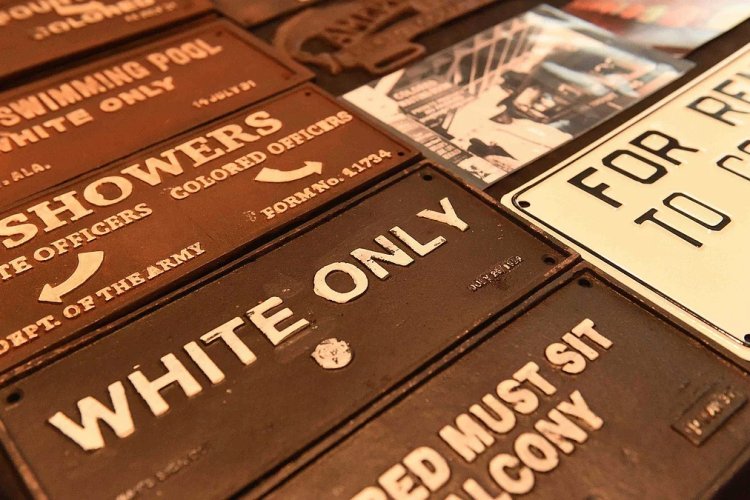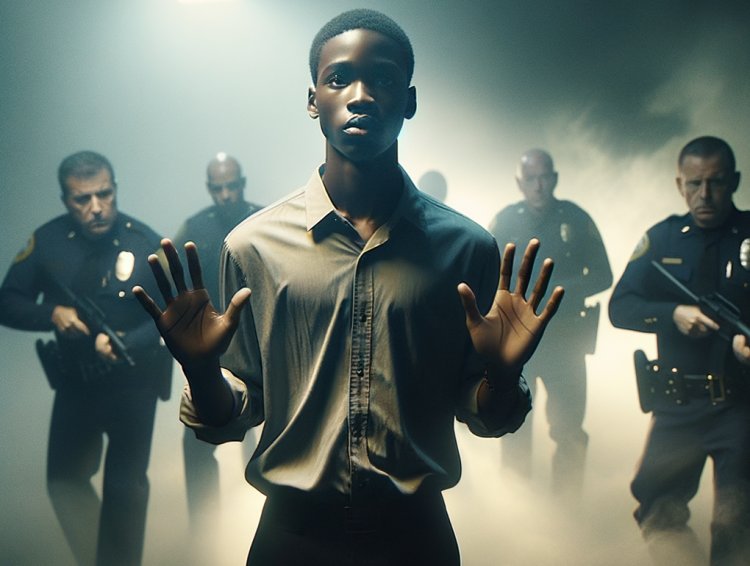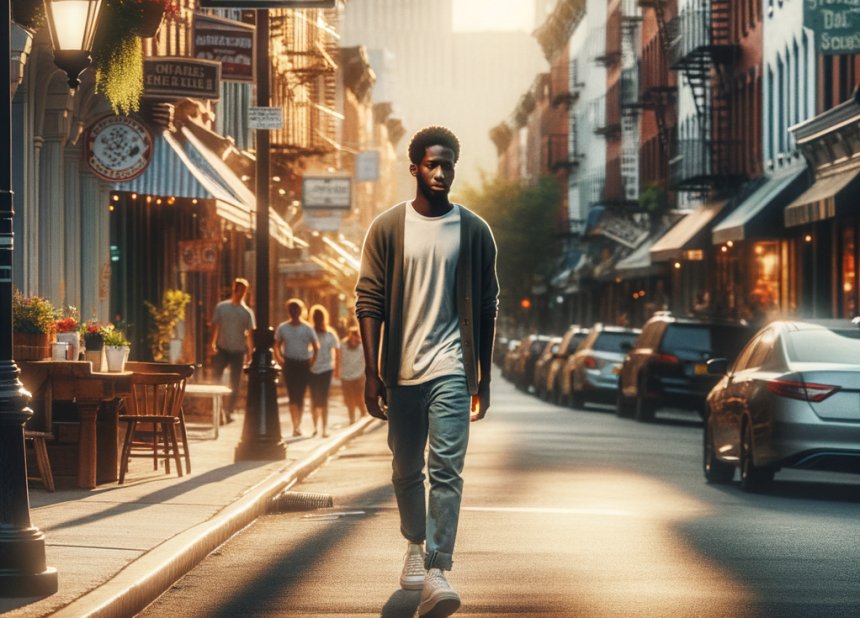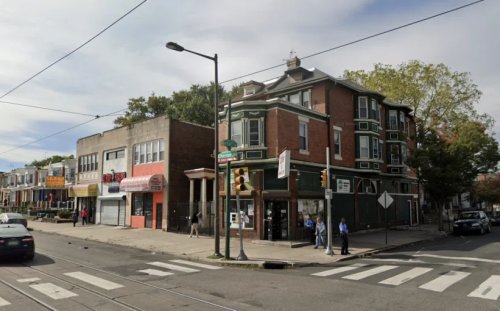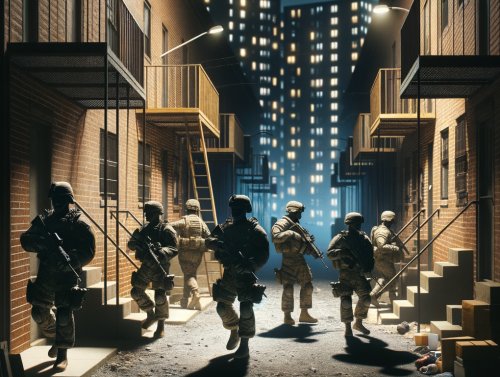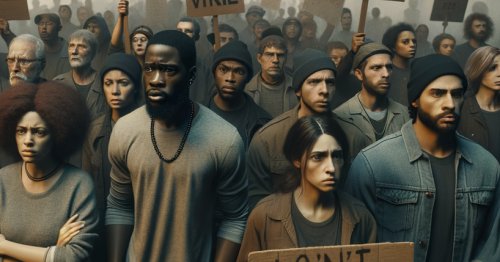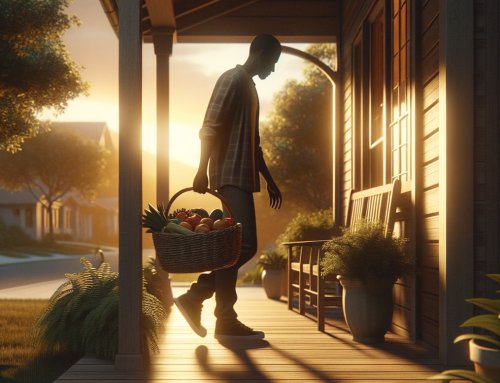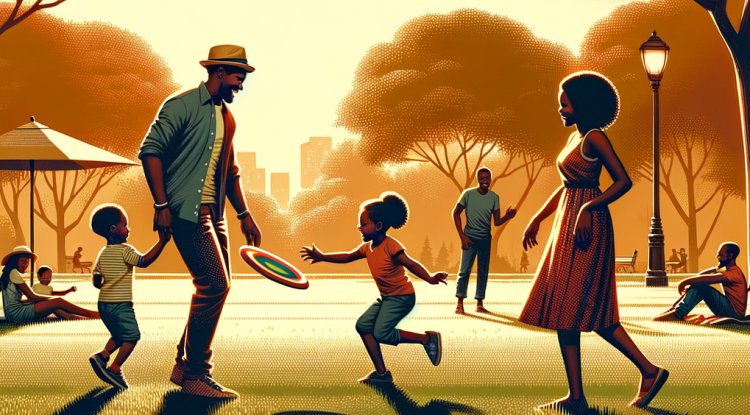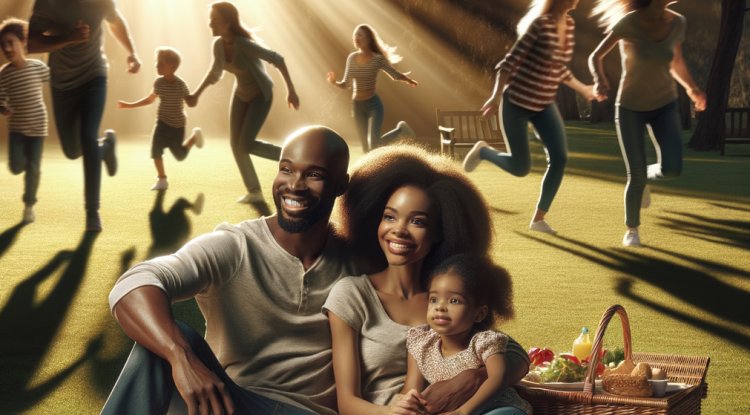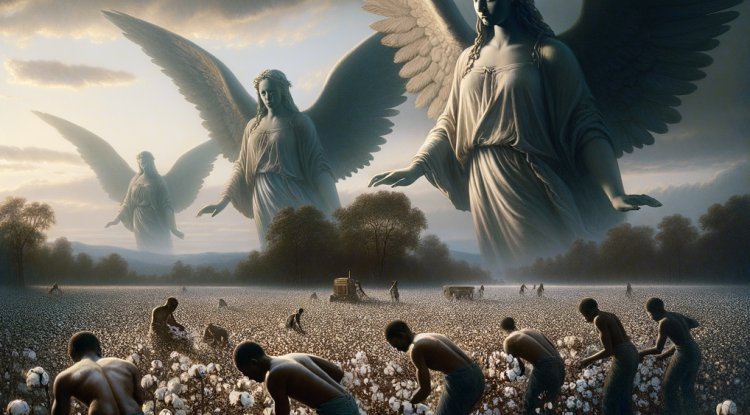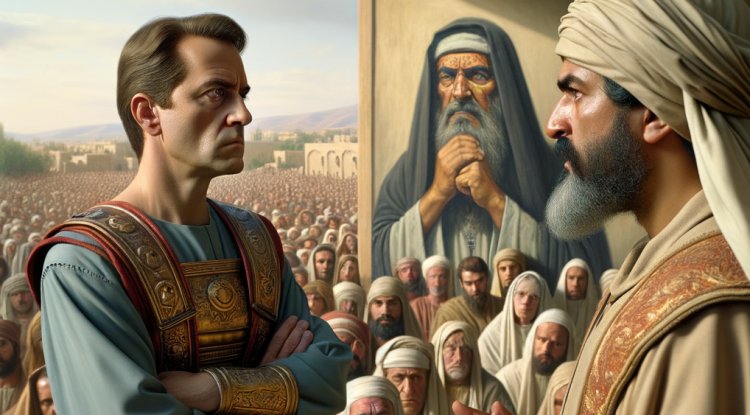Black Americans’ Support for Palestinians Growing as Israel War Rages
Black Americans’ solidarity with the Palestinian cause has seen a significant growth following Israel’s new rounds of violence in the Gaza Strip and an unprecedented bombing campaign against the besieged territory, a report reveals.
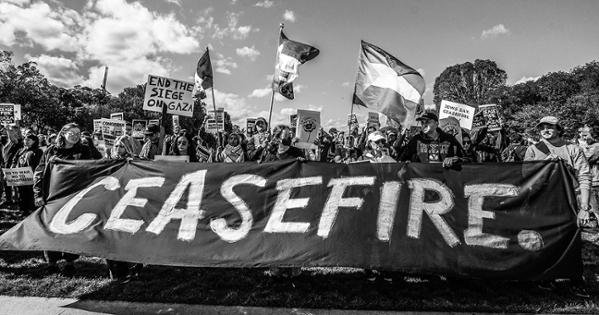
Black Americans’ solidarity with the Palestinian cause has seen a significant growth following Israel’s new rounds of violence in the Gaza Strip and an unprecedented bombing campaign against the besieged territory, a report reveals.
The AP report said a growing number of Black Americans see the Palestinian struggle in the West Bank and Gaza tantamount to their fight for racial equality and civil rights.
“The recent rise of protest movements against police brutality in the US, where structural racism plagues nearly every facet of life, has connected Black and Palestinian activists under a common cause.”
The report, however, highlights that the kinship dates back to the Civil Rights Movement, and the recent events of the past few years like the 2021 Israel-Hamas war, have deepened the ties between the two movements.
It also cites the result of a poll earlier this month from the Associated Press-NORC Center for Public Affairs Research, which showed that Black adults were more likely than white and Hispanic adults to say the US is too supportive of Israel — 44 percent compared to 30 percent and 28 percent, respectively.
When Israel and Hamas agreed to a prisoner swap deal as part of a short-lived 7-day ceasefire in late November, Black Americans learned about Israel’s administrative detention policy, where detainees are held without trial, and how Palestinian teenagers are jailed for years for minor offenses like stone-throwing and had not been charged, the report added.
Some of them began drawing comparisons between the US prison system and that of Israel, it said.
“While more than two-thirds of jail detainees in the US have not been convicted of a crime, Black people are jailed at more than four times the rate of white people, often for low-level offenses,” the report said, citing studies of the American judicial system.
“Americans like to talk about being innocent until proven guilty. But Black folks are predominantly and disproportionately detained in the United States regardless of whether anything has been proven. And that’s very similar to Israel’s administrative detention,” said Julian Rose, an organizer with a Black-run bail fund in Atlanta.
Black Americans and the Palestinians have also found growing solidarity over the last decade.
In 2020, the murder of George Floyd by a white police officer resonated in the occupied West Bank, where Palestinians drew comparisons to their own experiences of brutality under occupation, and a massive mural of Floyd appeared on Israel’s hulking separation barrier.
In 2016, the Movement for Black Lives, a coalition formed by Black Lives Matter activists, incorporated their support for Palestinians in a platform named the “Vision for Black Lives,” characterizing Israel as an “apartheid state” that engages in “discrimination against the Palestinian people.”
In 2014, protests erupted in Ferguson, Missouri, following the tragic death of Michael Brown, an African-American teenager, at the hands of the police.
While police officers in Ferguson fired tear gas at protesters, Palestinians in the occupied West Bank tweeted advice about how to manage the effects of the irritants.
Since October 7, more than 19,400 Palestinians have been killed in Israel’s air and ground blitz in Gaza, now in its third month. Violence in the West Bank has also surged.
Mousa Qous, executive director of the African Community Society Jerusalem [al-Quds], whose father emigrated to al-Quds from Chad in 1941 and whose mother is Palestinian, said solidarity between Palestinians and Black people is growing because both groups of people have suffered from racist policies exercised by the US and Israel.
“We suffer from the Israeli occupation and racist policies. The Americans and the Israelis are conducting the same policies against us and the Black Americans. So we should support each other,” Qous said.
